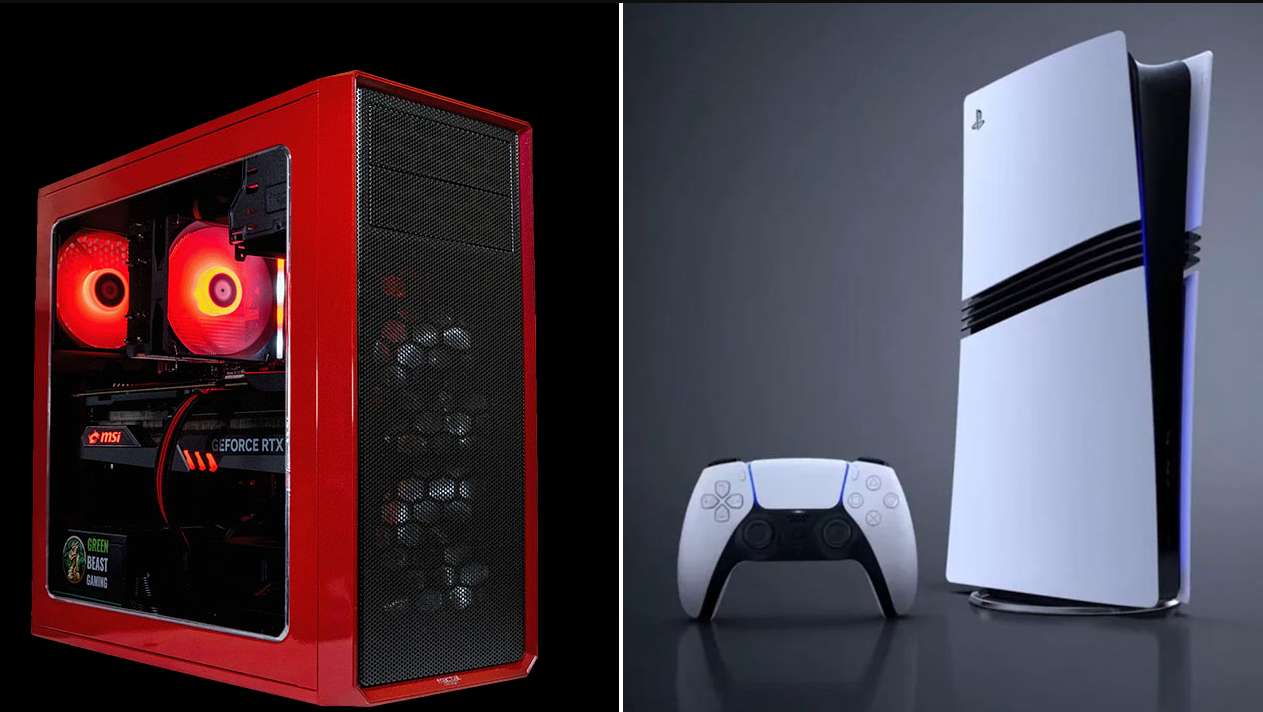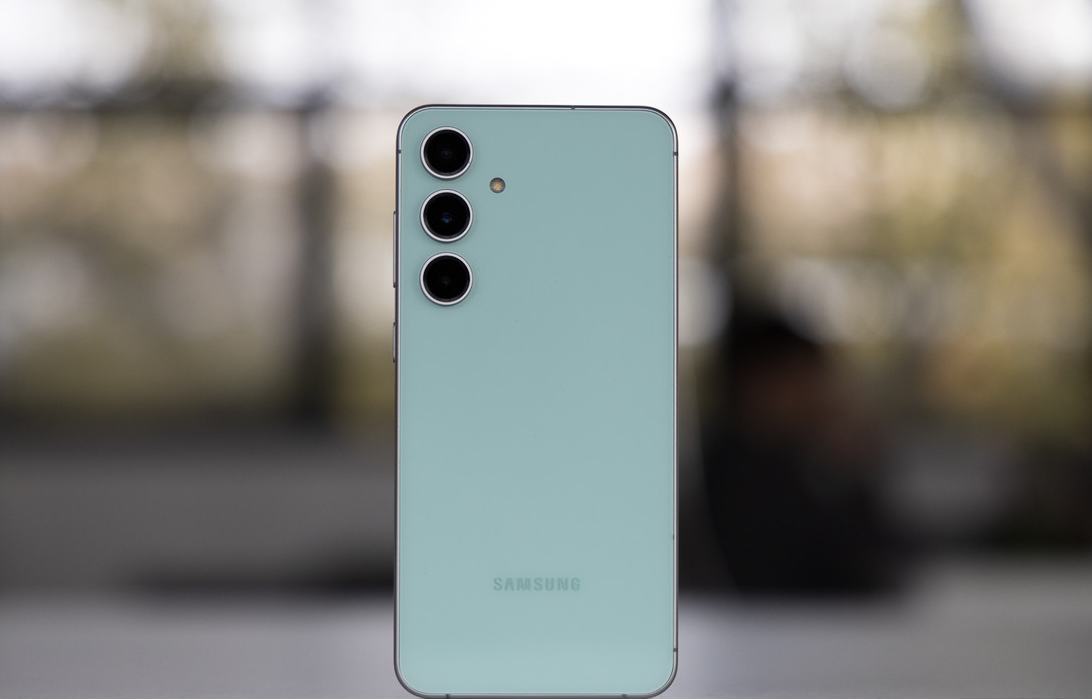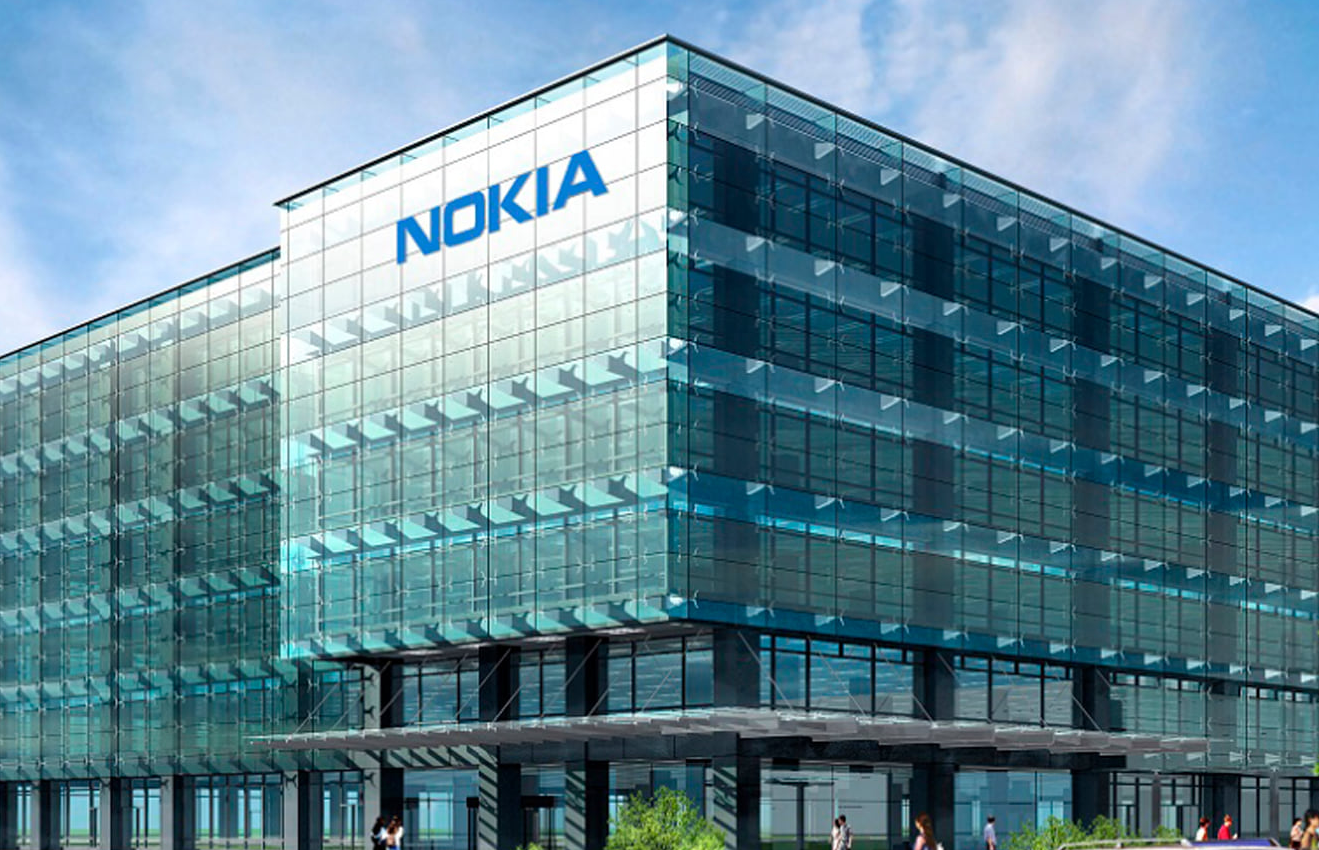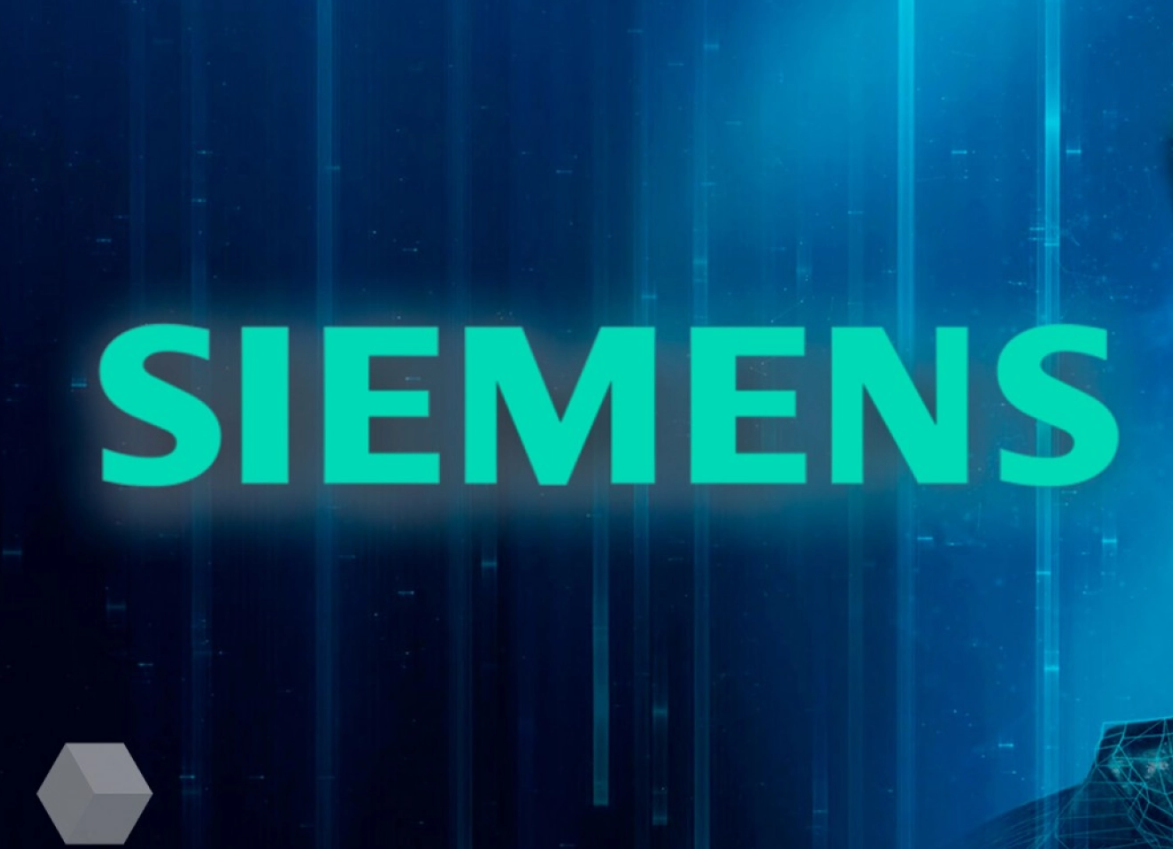In the digital age where computers have become an integral part of our daily lives, the importance of proper care and maintenance is undeniable. Cleaning a computer is not only a matter of hygiene, but also a necessity to keep it running and extend its life.
Physical cleaning
Physical computer cleaning is the process of removing dust, dirt and other contaminants from the external and internal components of a computer. This includes cleaning items such as the keyboard, mouse, monitor, computer case and its vents. The importance of physical cleaning is to keep your computer in good working condition, prevent overheating and extend its life.
Keyboard and Mouse
- Keyboard: Unplug the keyboard from the computer. Gently shake it to remove crumbs and debris. Use compressed air to blow dust out from under the keys. Then wipe each key with a damp antibacterial wipe, being careful not to let moisture get inside.
- Mouse: Unplug the mouse from the computer. Wipe the surface of the mouse with a damp antibacterial wipe, especially the area where your hands rest. If you have an optical mouse, gently wipe the lens on the bottom with a soft cloth.
Monitor
- Unplug the monitor from the power supply. Use a soft, lint-free cloth dampened with special screen spray. Gently wipe the screen, avoiding strong pressure to avoid damaging the pixels. Do not use alcohol or ammonia as they can damage the screen’s anti-reflective coating.
Casing and Ventilation Openings
- Case: Unplug the computer from the power supply. Use a hoover with a soft attachment to remove dust from the surface of the case. You can use a damp cloth to remove stains, but do not allow moisture to enter the case.
- Vents: Use compressed air to remove dust from the vents. Keep the compressed air cylinder in an upright position to avoid liquid entering the enclosure.
Important tips
- Ensure that all devices are disconnected from the power supply before cleaning.
- Do not use too much moisture, especially when cleaning the keyboard and mouse, to prevent moisture from getting inside.
- Avoid the use of abrasive agents and solvents that may damage the surfaces of the devices.
Regular physical cleaning not only extends the life of your computer, but also improves its appearance and creates a more hygienic and pleasant workspace.
Software cleaning
Cleaning computer software is a process designed to improve system performance and security by removing unnecessary or outdated files, organising data on the hard drive and keeping software up to date. The main aspects of software cleaning include:
Deleting unnecessary files
- Temporary files: Temporary files are created by programs and the operating system while they are running. Over time, they can accumulate, taking up valuable hard disc space. Use system tools, such as “Disc Clean-up” on Windows, to delete these files.
- Duplicate files and old documents: Sometimes duplicate files or old documents that are no longer in use accumulate on your computer. Check your documents and media files to delete what you don’t need.
Defragmenting the hard disc
- How defragmentation works: On hard disc drives (HDDs), files can become fragmented, meaning that parts of them are scattered across the disc. Defragmentation rearranges these parts, putting the files back together to make them faster to read.
- Note: If you have an SSD (Solid State Drive), defragmentation is not required because data is accessed differently on an SSD and fragmentation does not affect the speed at which data is read.
Software update
- Operating System: Regular OS updates provide not only new features, but also bug fixes, performance improvements, and security patches. On Windows, you can use the “Windows Update” feature for automatic updates.
- Applications: Make sure all installed applications are also up-to-date. Many modern applications automatically check for updates, but a periodic manual check is a good idea.
Additional tips
- Antivirus software: Update your antivirus software regularly and run full system scans to detect and remove malware.
- Task Manager: Use the task manager to monitor running processes and applications. This will help you identify programmes that are consuming a lot of system resources and slowing down your computer.
- Registry clean up: Sometimes it can be useful to use special programmes to clean the Windows registry of obsolete or unnecessary entries, but be careful with these tools as improper use can cause system instability.
Following these steps regularly will help keep your computer in optimal condition, improve its performance, and extend its life.
Protection against viruses and malware
Protecting your computer from viruses and malware is a critical part of keeping your system safe and secure. Here are the key aspects you should pay attention to:
Antivirus programme
- Choosing a programme: It is important to choose a reliable antivirus programme. There are many options on the market, both paid and free. When choosing, consider factors such as virus detection efficiency, system load and additional security features.
- Regular updates: Antivirus programmes are constantly updated to protect against the latest threats. Enable automatic updates to keep your antivirus programme always up to date.
- Full system scan: Run full system scans on a regular basis. This may take some time, but will help ensure that there is no hidden malware on your system.
Firewall
- Using the Windows Firewall: The Windows Firewall is a built-in tool that helps prevent unauthorised access to your computer over the Internet or network. Make sure it is enabled and properly configured.
- Third-party firewalls: You may also consider installing a third-party firewall for additional protection. Some third-party firewalls offer additional features, such as monitoring inbound and outbound traffic, which may be useful for advanced users.
Additional security measures
- Education: One of the key aspects of security is education. Be aware of typical phishing and fraud schemes to avoid suspicious links and email attachments.
- Data Backup: Back up important data on a regular basis. This will help you recover information in the event of a virus or ransomware attack.
- Use strong passwords: Create complex and unique passwords for all your accounts and update them regularly.
Following these recommendations will greatly increase the security level of your computer and protect your data from viruses and malware.
Cleaning your computer is not only a way to keep it looking good, it is also a necessary procedure to ensure that it runs safely and efficiently. Following these simple steps on a regular basis will help keep your device in top condition for years to come.
Don’t miss your chance to save money! Just a few clicks can turn your regular purchases into a real bargain. Go to our cacheback site, reBITme.com right now and start getting cashback on every purchase.




